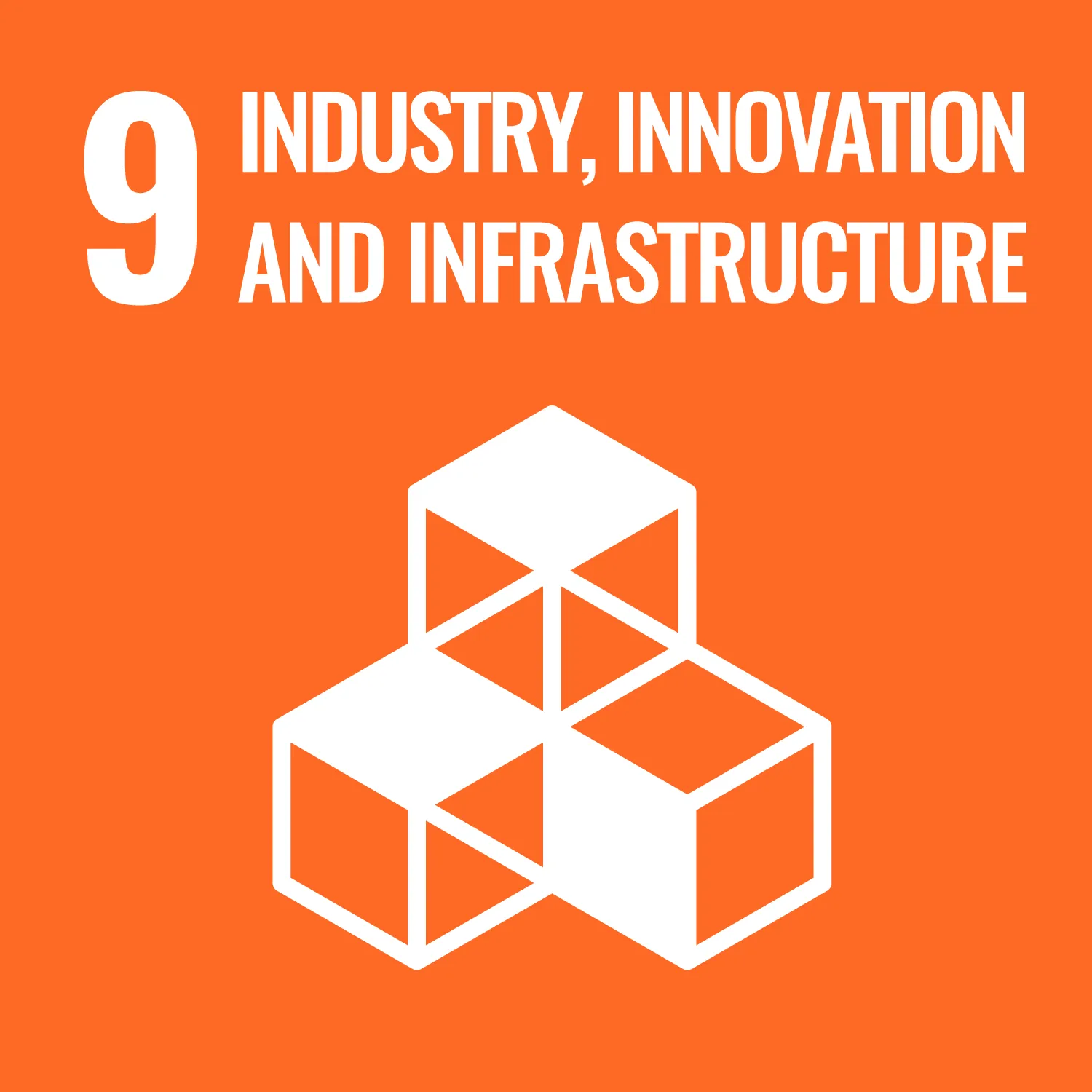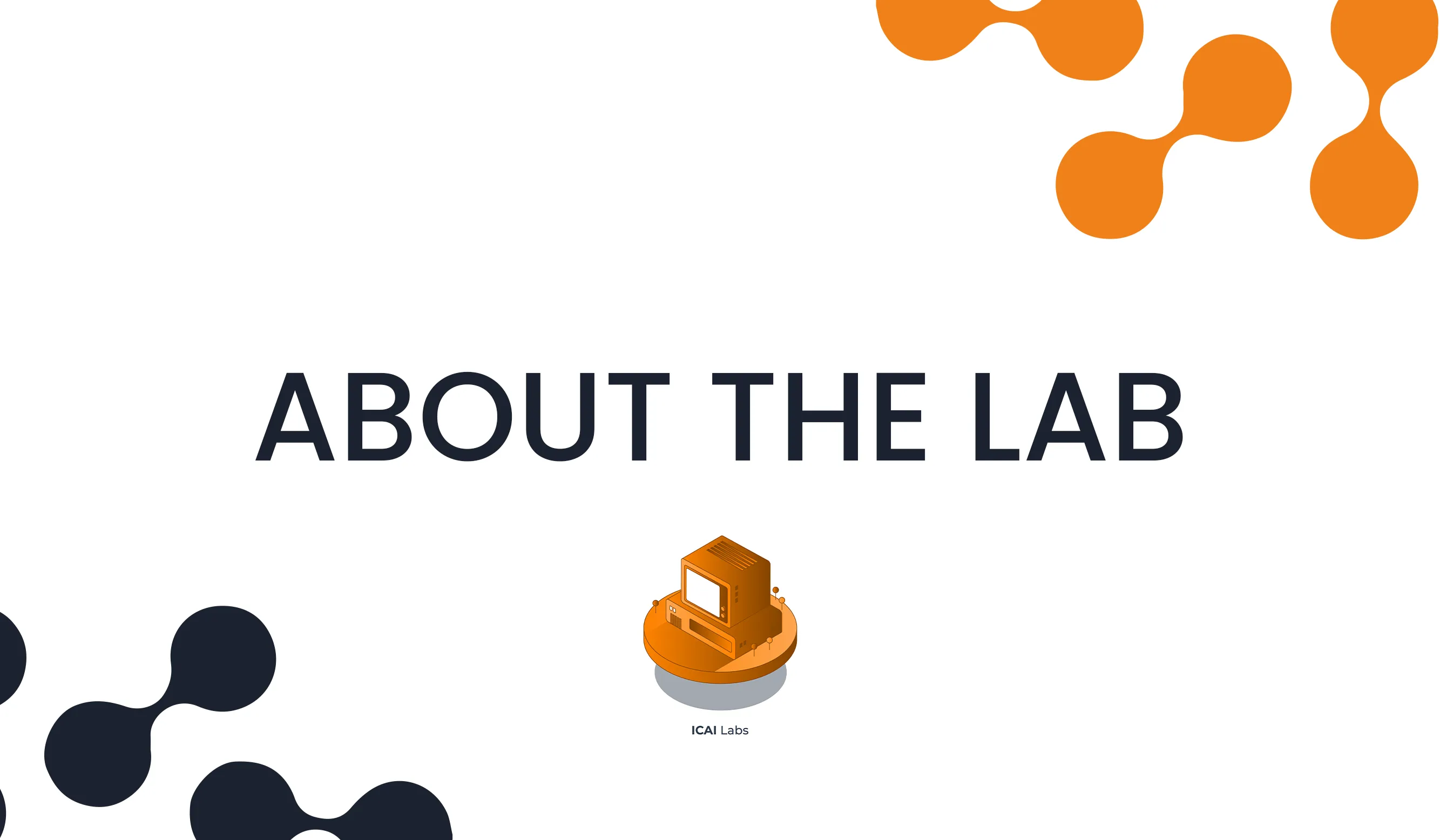AI4b.io Lab
A collaboration between dsm-firmenich and Delft University of Technology.
AI for Bioscience Lab (AI4b.io Lab) is a collaboration between Delft University of Technology and dsm-firmenich. The lab focuses on improving production technologies and developing bio-based products using AI.
AI4b.io Lab
AI4b.io Lab is the first of its kind in Europe to apply artificial intelligence to full-scale biomanufacturing, from microbial strain development to process optimization and scheduling. AI4b.io Lab brings together engineers, researchers, professors, entrepreneurs and students from TU Delft and dsm-firmenich. TU Delft is ranked among the top universities in biotechnology research globally and dsm-firmenich is a global science-based company in Nutrition, Health and Sustainable Living. Press here for more info about the lab.
Mission
AI4b.io Lab is aimed at long-term innovation in the domain of AI for developing biobased products and optimizing biobased production technologies. It targets to develop a deep understanding of how novel AI technology (methods, techniques, theories, and algorithms) can strengthen the effectiveness and efficiency of relevant research and/or business processes in the biotech industry. An additional goal of the collaboration is to include activities that benefit the development of Planet B.io, the open innovation ecosystem for industrial biotech on the Biotech Campus Delft.



Research projects
The research program consists of five tracks with a focus on the application of AI and machine learning to create digital twins across multiple physical scales in industrial bioprocesses.
Digital twin and smart plant scheduling: Developing an AI-based framework/advisory tool for optimal batch scheduling to maximize plant output of an enzyme production line, and balance product performance and quality against operational costs.
Digital twin for large-scale fermentation: Evaluate how AI methods can be applied to develop an accurate real-time simulation of fermentation performance indicators in response to dynamic process inputs for industrial scale fed-batch operated fermentation units of 50-500 m3.
Digital twin of lab automation processes and self-learning platforms: Developing autonomous systems that evaluate and develop 'self-learning' experimental design algorithms, combine data-driven approaches with mechanistic modelling and other things.
Machine learning for genome-phenotype engineering: Evaluating and implementing so-called ‘representation learning’ methods on multi-omics data from strain development projects.
Machine learning for iterative metabolic engineering: To determine how AI/ML methods can support efficient exploration of a large solution space for (iterative) strain improvement.
PHD Students



.jpeg)
.jpeg)
Partners
Dsm-firmenich is a global, purpose-led, science-based company active in Nutrition, Health and Sustainable Living. Dsm-firmenich addresses with its products and solutions some of the world’s biggest challenges while simultaneously creating economic, environmental and societal value for all its stakeholders – customers, employees, shareholders, and society at large.
Delft University of Technology (TU Delft) is a technical university in Delft. Top education and research are at the heart of the oldest and largest technical university in the Netherlands.


.svg)

